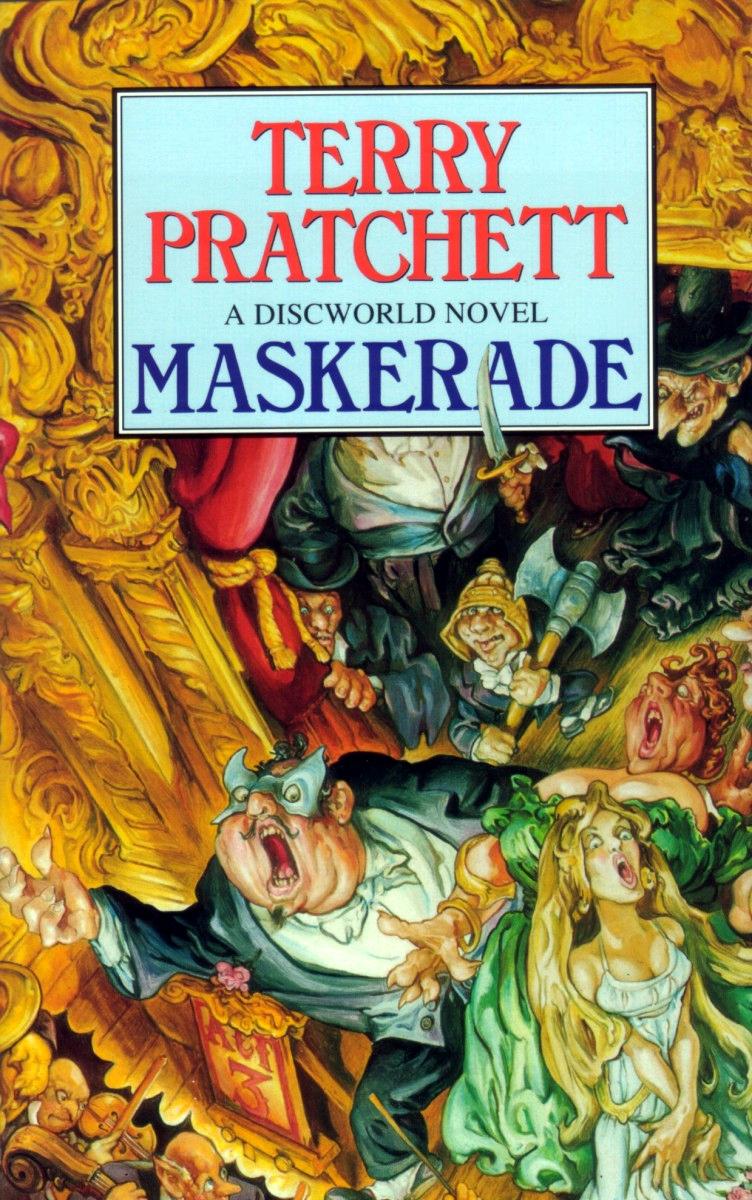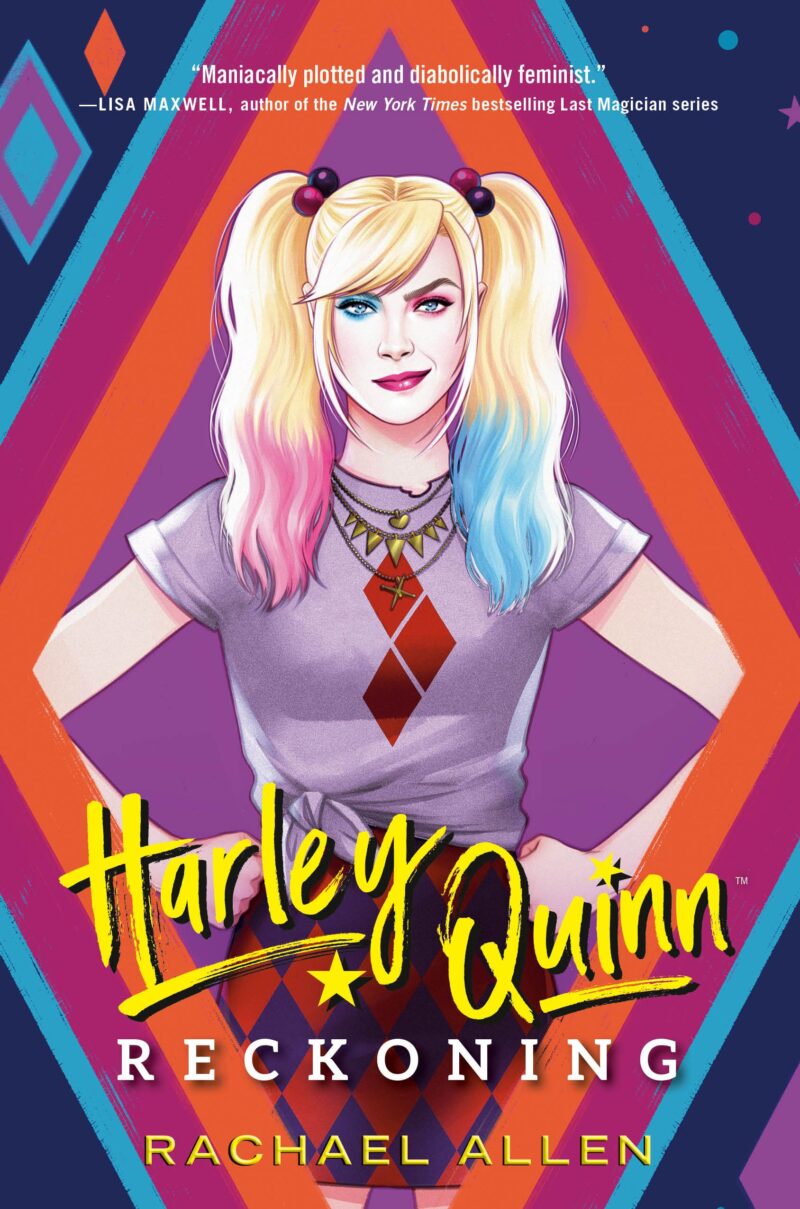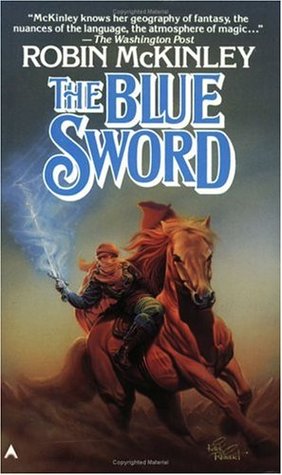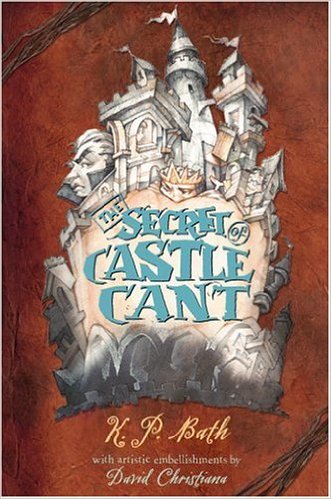[button color=”black” size=”big” link=”http://affiliates.abebooks.com/c/99844/77798/2029?u=http%3A%2F%2Fwww.abebooks.com%2Fservlet%2FSearchResults%3Fisbn%3D9780062275523″ target=”blank” ]Purchase here[/button]
The Phantom of the Opera goes bananas in the eighteenth Discworld book.
Since Magrat Garlick married the king of Lancre (and one doesn’t have time to be a queen and a witch at the same time, no matter what the fairy tales say), Granny Weatherwax and Nanny Ogg have felt that something is missing from their little coven. Something about “maiden, mother, and crone,” just isn’t adding up, even though Nanny is obviously a mother and Granny is arguably BOTH a maiden and a… well, you know.
They have their beady eyes on an obese girl named Agnes Nitt, but Agnes has other ideas. She runs away to the bright lights, big city of Ankh-Morpork to chase her dream of being an opera singer. And she’s really quite good. It’s just that her shape, size, and nice personality stand in the way of her becoming a great diva. In fact, her big break (so far) has been standing behind a gorgeous & airheaded young woman with “star power,” and “ghosting” her arias (concealing the fact that the girl with star power couldn’t sing her way out of a paper bag, sort of thing).
Agnes’ good personality and tendency to keep her cool in stressful situations also comes in handy, because the Opera House is haunted by a masked ghost that, until lately, was considered a sort of good-luck charm… but has recently branched out into murder.
The owner of the opera company, a wealthy cheesemaker who thought opera would be a nice thing to do in his retirement, has begun to learn that an opera is a madhouse at the best of times. He is at his wits’ end dealing with vicious sabotage, dead bodies, and (in a scene that took my breath away, laughing) lunch with “Lady Esmerelda Weatherwax” in which the dessert, spitefully provided by Nanny Ogg, turns out to be a powerful aphrodisiac.
Throw into the mix Nanny’s evil cat Greebo, who has a penchant for assuming human form; a mentally-and-physically-not-quite-all-there youth named Walter who sweeps the floor and unplugs toilets but at night sits on the empty stage and listens to whole operas in his head; a handsome young organist who seems to be up to something; a couple of bumbling Night Watch cops (Cpl. “Nobby” Nobbs and Sgt. Detritus, the troll); a box seat that by tradition must always be empty on opening night; a series of letters on Opera stationery that contains, among other things, too many exclamation points and written-out maniacal laughter; a disembodied singing coach who comes to young divas in the middle of the night; an Italian tenor who never seems to stop eating pasta even though, unbeknownst to anyone including his personal assistant, he is actually a native Ankh-Morporkian who hates tomatoes; an orchestra that goes out and gets drunk during intermission; and an organ-playing orangutan from Unseen University…
It’s a good mystery, with loads of suspense and, of course, breathless laughter. Opera is held up to the ridicule it deserves, but it is also recognized to be something wonderful that can enrich the lives of lonely people like Walter. Everything you can say about show business goes triple for opera, as it is beautifully depicted here, including familiar operas referenced in cracked Discworld style.
The whodunit is the main thing, but of course Granny Weatherwax’s powerful magic also plays a huge role. The plot culminates in a scene stinking with irony as the killer rants and raves in a very operatic way about how much he hates opera, and then dies a ridiculously operatic death. For opera lovers and haters everywhere, Maskerade is not to be missed.
This book reminded me of the joke in Men at Arms that made me laugh so hard I had to take a walk before I could continue reading. A sniper had tried to shoot Vimes from the roof of the opera house, where he rushed as fast as he could run and climb, and then (says Pratchett) when he had reached the roof, he “threw up allegro ma non troppo.” (You don’t have to know that that’s Italian for “fast but not too much” to appreciate the humor.) This style of wit, mixed with sad, sad puns and moments of outrageous slapstick, absolutely saturates these books.
Recommended Age: 14+





